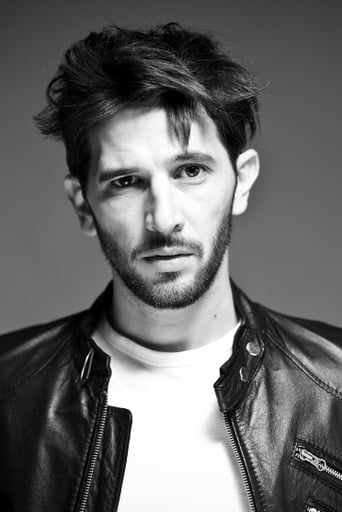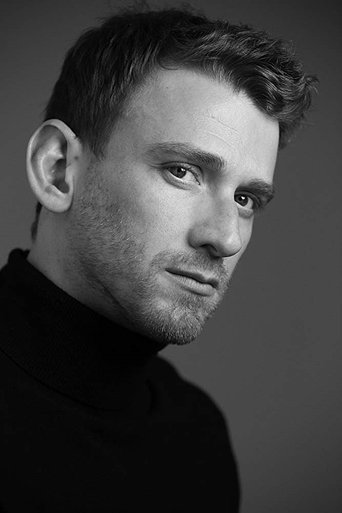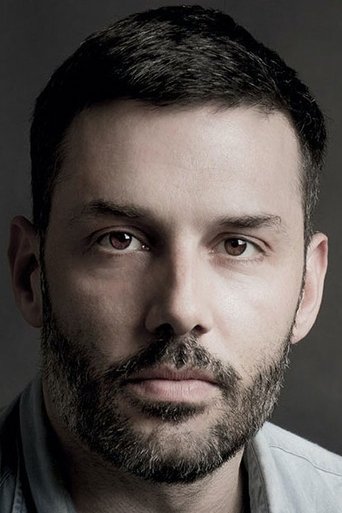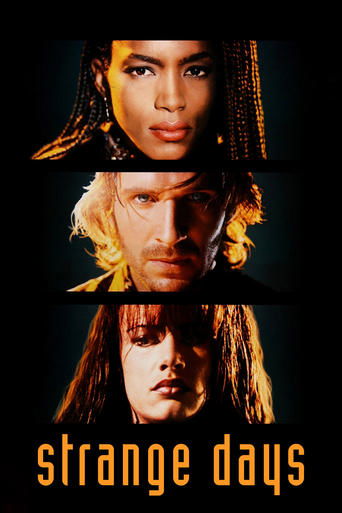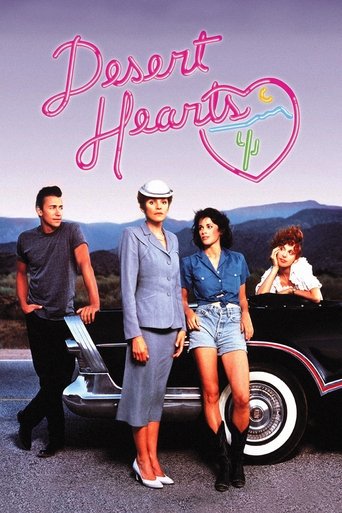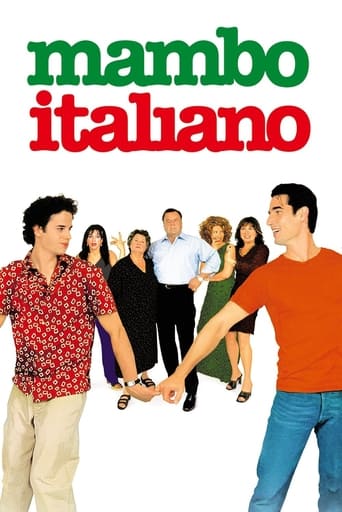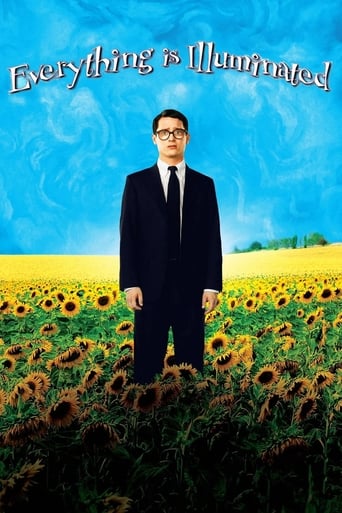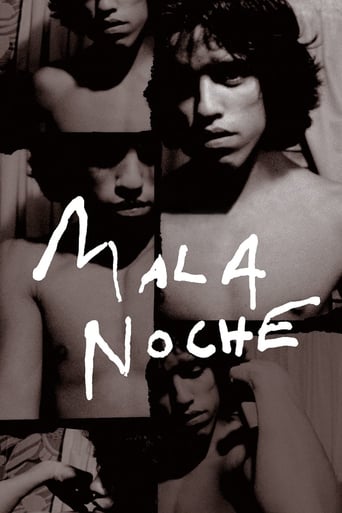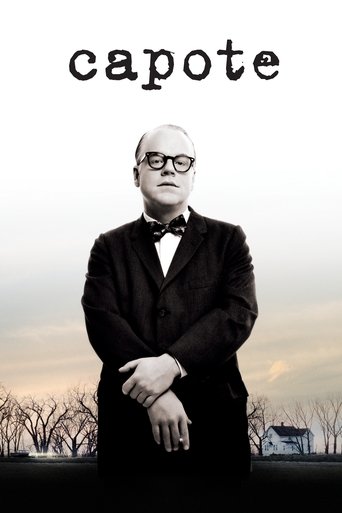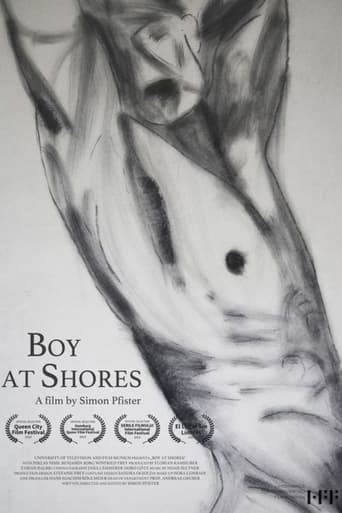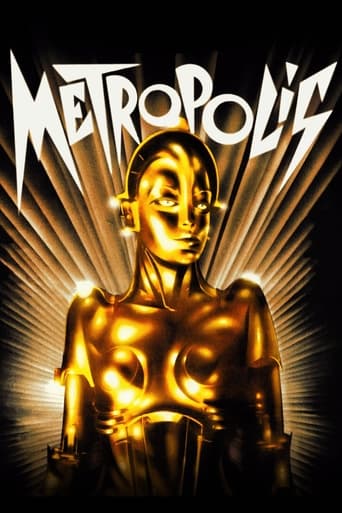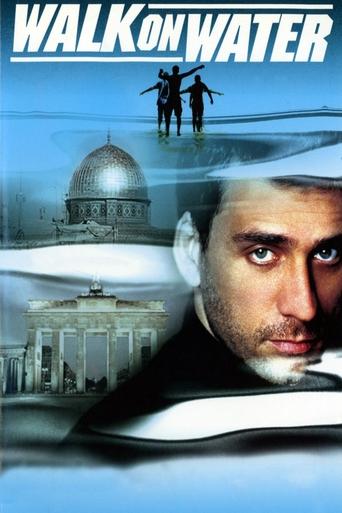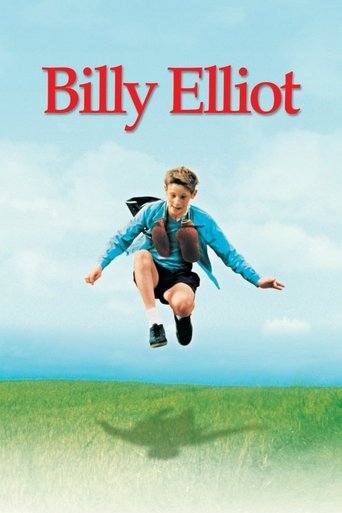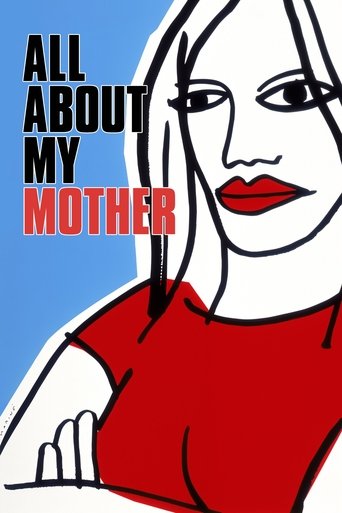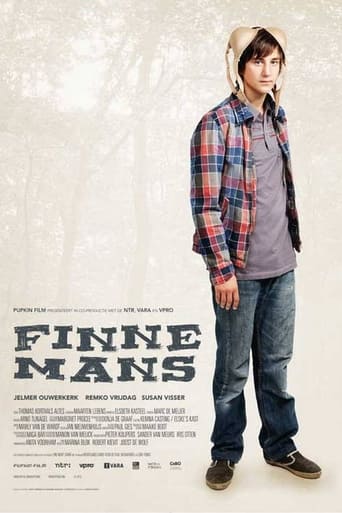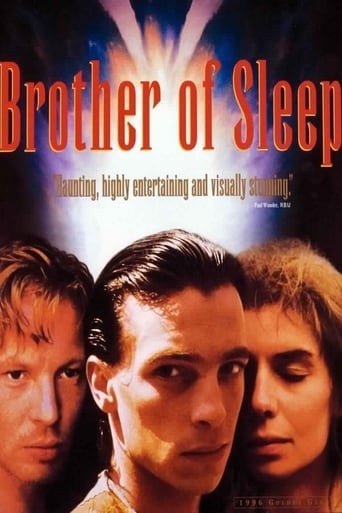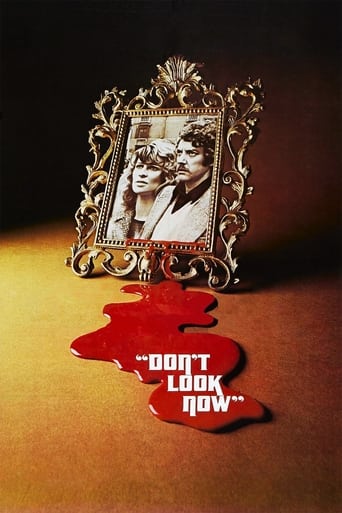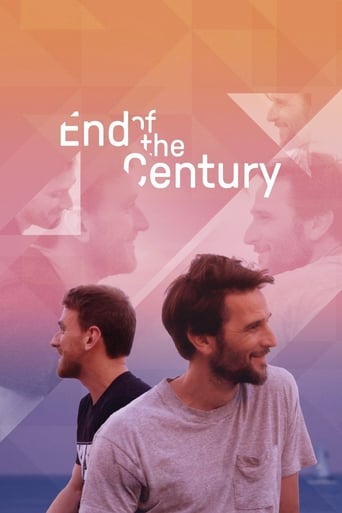
End of the Century (2019)
Two men meet in Barcelona and after spending a day together they realize that they have already met twenty years ago.
- Lucio Castro
- Lucio Castro
Rating: 7.2/10 by 133 users
Alternative Title:
End of the Century - US
Fim do Século - BR
Country:
Argentina
Denmark
Spain
Language:
Català
Español
Runtime: 01 hour 24 minutes
Budget: $0
Revenue: $103,047
Plot Keyword: future, barcelona, spain, casual meeting, cruising, bisexuality, tourist, longing, lovers, past, architecture, lgbt, destination, what if, transition, queer, gay theme, present
There's something so rare and precious about 'End of the Century'. Though barely an hour and a half long, it somehow dares to ask enormous questions about love and longing and desire that very few queer films on the relationships of gay men have asked before. At its heart, the film is a ghost story - as all great memory plays are - and you feel the presence of these ghosts in every exquisite frame. Lucio Castro has given us a real gift with his debut film, anchored by two quietly breathtaking performances. The more I think about 'End of the Century', the more potent its memory becomes. It makes me think about those fleeting connections from the past, the lingering riddle of what might have been, the ghosts of moments and experiences that never happened and could have happened. Love doesn't always have to be the universe erupting. Sometimes it can just be a star fading away, one of the countless billions of stars in the night sky. But we still look up and see the memory of it, and can marvel at how small and precious and beautiful it is. And even though it might just be one of countless billions, it doesn't make its fading away any less special. It can still be miraculous. - Daniel Lammin Read Daniel's full article... https://www.maketheswitch.com.au/article/review-end-of-the-century-the-exquisite-beauty-of-love-that-could-have-been
I really enjoyed watching this - though it's taken me two attempts before I "think" I have understood the chronology of it all. "Ocho" (Juan Barberini) is having a break in Barcelona when he spots a man from his balcony and again on the beach. When he spies him - "Javi" (Ramon Pujol) for a third time - again from is balcony - he invites him up and they have some passionate, but rather transactional (he even has to go out and buy some condoms) sex before spending the next day together. During their conversation, they realise that this isn't the only time they have met... At first, I assumed the next chunk of the film was the pair sentimentalising about that time when - ostensibly, "Ocho" goes to stay with his friend "Sonia" (Mía Maestro) and ends up getting pretty drunk and hooking up with her boyfriend (the same "Javi") after she had departed to stay with her grandmother for a few days. After their rooftop reminiscence, "Javi" returns to his own husband leaving "Ocho" in his apartment, only this time we see an happy family - both men, with a young daughter - living a contented, if a perhaps mundanely domesticated, life together. Now these scenarios can't all be true, can they? The timelines of who met whom where and when just wouldn't work. "Ocho" is imagining some - maybe even all - of this, and it's by no means certain to us which bits are real. That's what makes the film intriguing. The dialogue is sparing - we have virtually no words at all for the first fifteen minutes - but that successfully, I thought, adds to the mystery and the two men acquit themselves well delivering each chunk of the storyline - each being perfectly plausible in it's own way. Ultimately, I suspect the film is about loneliness and the psychological effects it can have on a person. Were any/all of these segments real, from his past, or idealised - and passionate - figments of his vivid imagination? That's the challenge for our imagination, too, and on the whole, auteur Lucio Castor manages to keep that emotional suspense running well throughout this short (ish) feature. If anyone can think of a more definitive solution - let me know!

